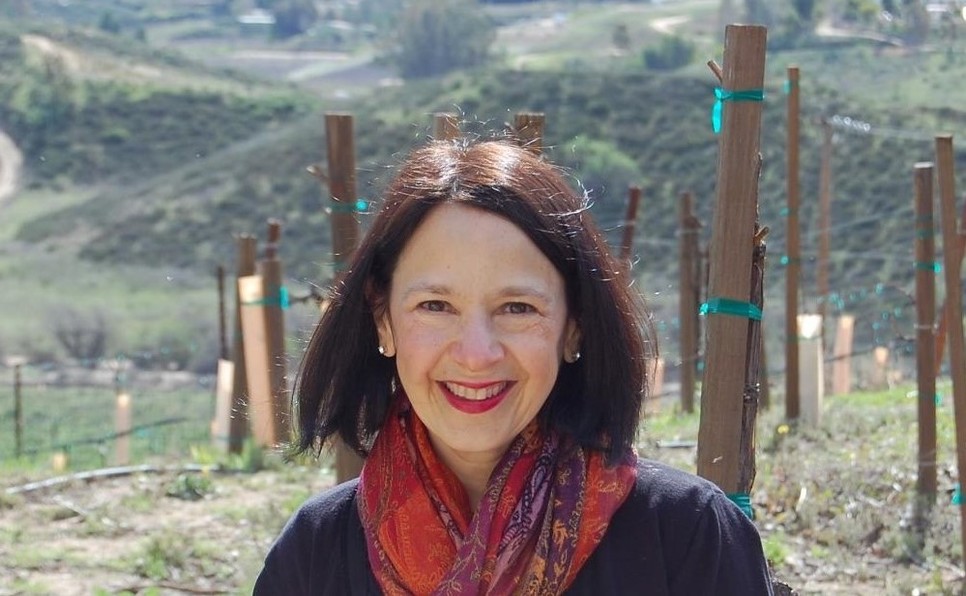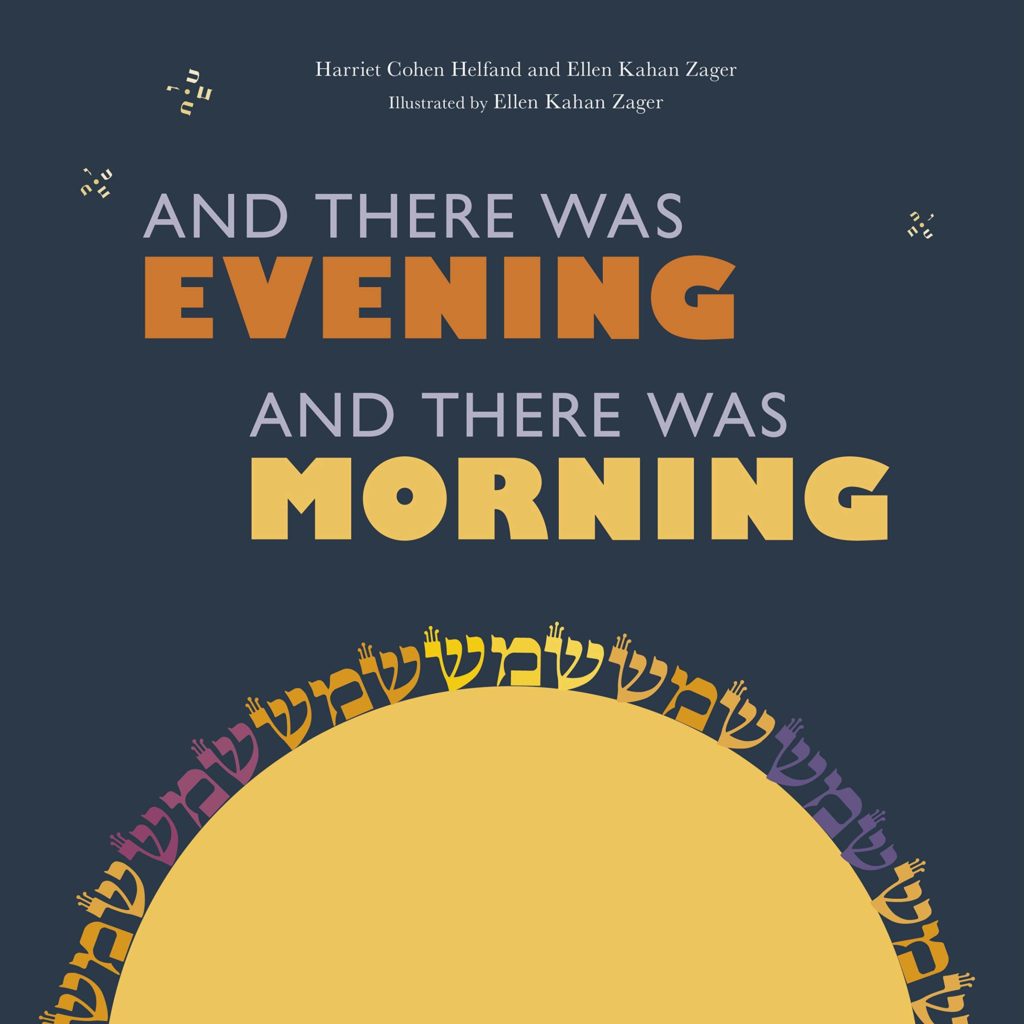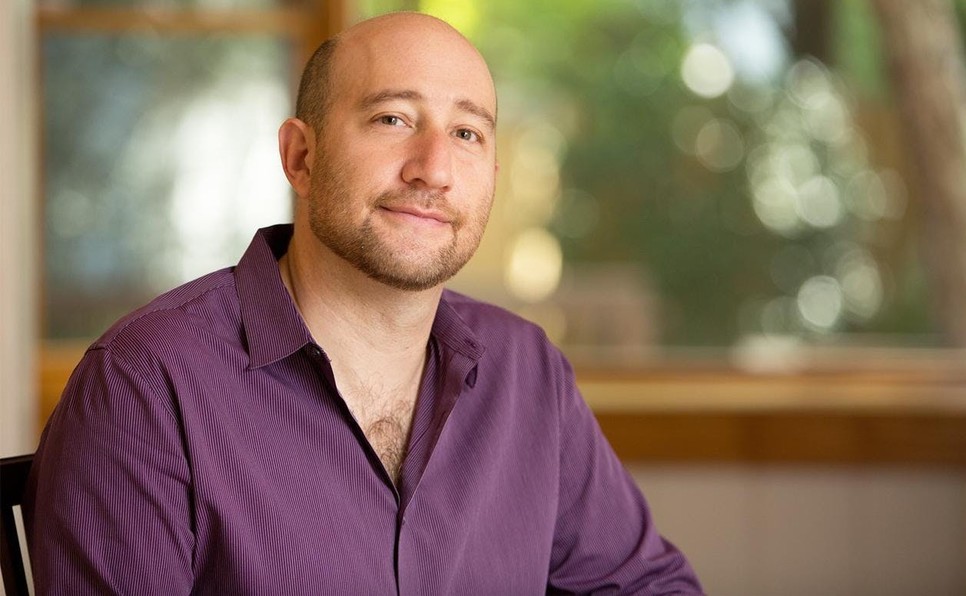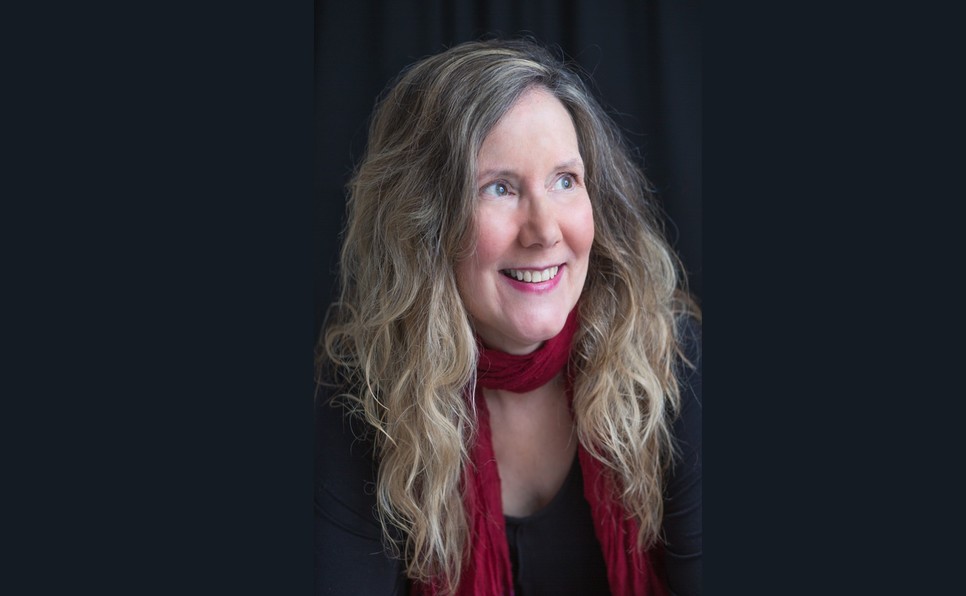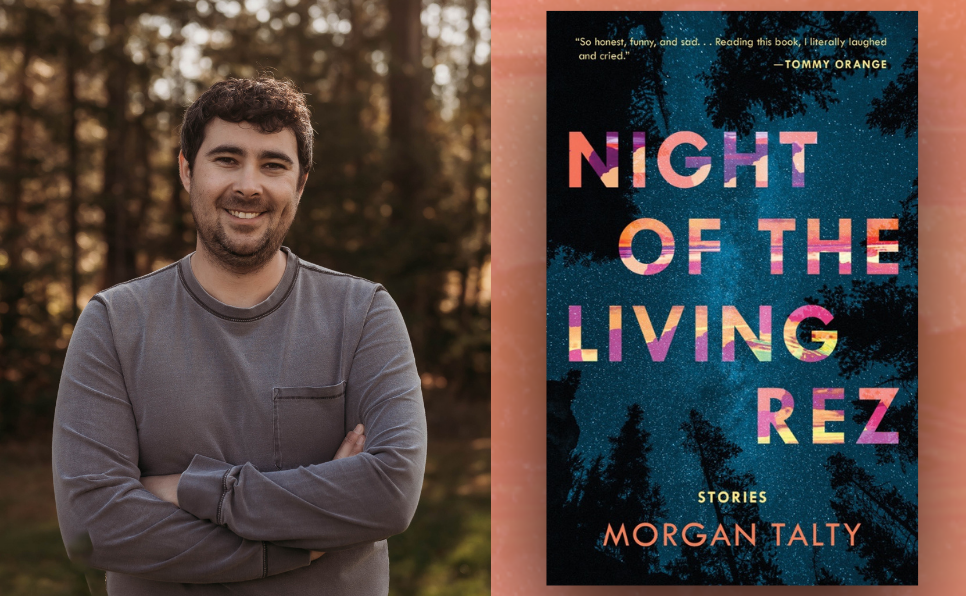This is a special one. Not only is author H.C. Helfand a great case study in mixing up genre, audience, and exploring multiple paths to publication, she also happens to be my long-lost cousin, reunited through a 23andMe connection that would lead us to discover that despite living on opposite corners of the world, we had a lot more in common than we expected. Both writers. Both fighting the good fight with our daily pursuit toward our author goals. Meeting “H.C.” (as she shall be known in this interview) in real life, chatting shop, and helping her set up her writer website, has been a true pleasure. I’m delighted to share her insights with our Aspiring Author audience here, and hope that you will read both of her publications, as I did, with pure joy.
How did you get into writing?
Ever since I could pick up a crayon, I’ve been into writing. I wrote throughout my schooling; mostly stories and poetry, probably all bad! I was the poetry editor of my high school literary magazine, a dubious honor. Although poetry is no longer my interest, my children’s book grew out of a poem I wrote years ago, paired with amazing work by an artist friend. My passion has evolved into adult fiction.
Your children’s book, And There Was Evening, And There Was Morning, expertly blends writing and illustration. Describe your publishing journey with it
I originally wrote And There Was Evening, And There Was Morning as a poem, which I showed to my artist friend. She worked for a year creating a complete prototype of the book. We sent some letters to a handful of publishers with a sample of the book. Kar-Ben Publishing, a division of Lerner Publishing which produces Jewish-themed children’s books, liked our idea and asked us to edit the longer poem down to four lines per page. It was the hardest writing I ever did. Together with my partner, we did it, and the publisher took the entire work, verse and art, basically without any further edits. They later sold thousands of copies to PJ Library, a service that distributes Jewish books to children all over the world. It is a beautiful book, and, in my opinion, all due to the amazing art. I’m very proud to have been a part of producing it.
It really is a beautiful representation of the Hebrew language. How important is it to you to create inspiring Jewish fiction?
Up to now, my adult fiction has not contained much Jewish content. However, I plan to infuse more Jewish content as my planned series continues. My main character is half-Jewish, and part of her story will be learning about her Jewish roots and their impact on her and her family.
Why did you pivot from publishing children’s books to literary fiction? How does the writing process differ?
Because for me, it was easier! I found writing for children particularly hard. You have to be able to condense thoughts and ideas to fit into a child’s world. I think it requires a special talent to hone an idea into so few words. I believe my skills and stories are more appropriate for adult literary fiction. I think it comes more naturally to me as a writer and allows me to develop my characters in a different way.
Your new book, Fee Simple Conditional, is Book One of The Arcadia Chronicles. Why did you choose to write a trilogy?
I did not initially set out to write a series. However, by the end of Fee Simple Conditional, I was so attached to the characters, I could not let them go. I began thinking more about their backstories and going forward, the rest of their lives. If I can do it, I actually plan for five volumes and have specific plans for all of them. Each will have a legal theme and will carry the characters, and others along the way, through.
How has your job influenced your presentation of deeds, property, and the law?
My prior experience as a title abstractor (like my main character) led me to want to preserve a memory of a legal culture I believed was eroding. Much of the book is based on people, places, and events that occurred in that portion of my career. Now, as an Administrative Law Judge, I have encountered many more areas of the law, and plan to write about the more interesting (and lurid) ones as the series continues.
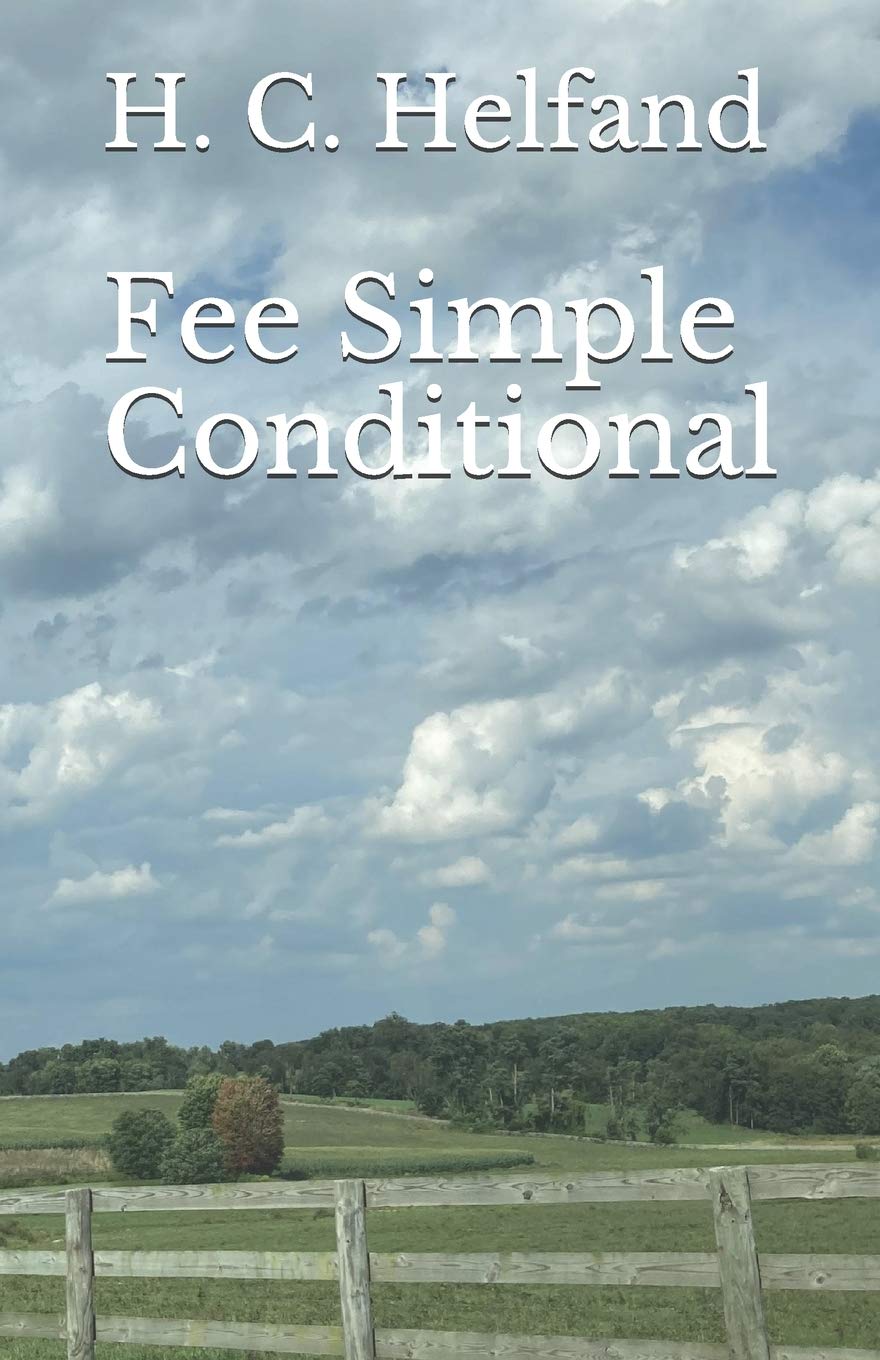
You’ve been down both the traditional publishing and self-publishing routes. How do they differ? Which do you prefer, and why?
My traditional publishing experience was not quite traditional. I did not query and for whatever reason (the art, I’m sure), the publisher who received our letter must have liked it from the start. I self-published my novel because I had no experience with the traditional process and simply wanted to produce it as quickly and as easily as I could. It was a total DIY job, mostly out of impatience. I formatted it myself with instructions from the internet and the cover is a photo I took with my phone. It sounds almost laughable now, but I created a book, people have read and enjoyed it, and I think I learned a lot from the process.
For the next book (a completed draft), I plan to attempt querying and see how it goes. Obviously, the benefit of that route is a much more professional production and real marketing. I also feel somewhat of a time crunch, because I’d like to complete my series in my lifetime! But, it’s certainly worth a try and I’m willing to go for it. However, if I feel it isn’t working, I would have no qualms about self-publishing again. This time, however, I would seek professional editing and art. As for preference, it really depends. Self-publishing affords independence, but the marketing is tortuous. Traditional publishing is immensely more difficult on the front end, but once you’re agented and your book is sold, the distribution sounds much easier. The biggest factor will be my capacity to persevere.
What is your writing routine?
I currently have no fixed writing routine. Since I’m still working full-time, I try to fit writing into weekends and evenings. I spend a lot of time thinking about my stories and am constantly scribbling notes. But I couldn’t call it a routine! Somehow, I have managed to complete a second novel and almost half of a third. How, I’m still not sure.
Who are your literary inspirations?
If I could write like Hilary Mantel, be as prolific as John Grisham, and capture local life like Anne Tyler, that would be enough.
Who are your mentors? Are you a regular member of any writing groups?
I really don’t have any right now. I’m beginning to join some writing groups, but more for camaraderie than critique. Looking for some, though.
How do you separate the business end of writing from the craft?
Currently, the business end is mostly promoting on social media. Marketing is not my strong suit, and either I have to become much better at it or invest in it. Writing is pleasure; the business end can sometimes be a struggle for me.
How important is it for you to tell the truth in your writing?
I accept and appreciate a certain amount of literary license. I want to offer as much accuracy as possible, but if something requires a little creative juggling, I’m fine with that, as long as it is not so implausible as to render the story absurd. As to relating the truth of the matter in a moral sense, then yes, truth is indispensable.
How important are your characters?
They are everything. They live and breathe with me, and although they retain their essential natures, I like to think they mature and evolve. They drive the story; there is no story without them.
How long does it take you to complete a project?
I started Fee Simple Conditional twenty years before I finished it, mostly due to a job change that took all of my time. But, before I stopped writing it, I completed an outline so that when I resumed, I would remember where I wanted to go. Once I restarted writing, it took about six months to complete. It’s taken about a year to finish a first draft and some basic edits of the second book, Clear and Convincing Evidence. It’s still a work in progress, though, and I expect it will require more time and effort to improve it to the point of querying.
What keeps you sane?
Assuming that I am, my capacity to detach from the issues of the day that can drive one mad. Other than that, my stories, which lull me to sleep at night, and permit me to shed the worries of the day and rest, and, of course, the people I love.
What does success look like to you?
Having people read my books and enjoy them. Really—my mantra is that I’m not in it for the money, I’m in it for the love. I wouldn’t turn away a profit, but at this point in my career, it’s really about the satisfaction of producing something others regard as good. Tell me you like my writing, and I’m yours forever.
What advice would you give to aspiring writers looking to get published?
Do all the things I haven’t done: formally study writing, write as full-time as you can, find able mentors and other writers to critique your writing, query like crazy, and if that doesn’t work, do the one thing I have done—self-publish and be happy you did.
About Author H.C. Helfand
H.C. Helfand has been a lawyer for more than 30 years and a writer longer than she can remember. She has published essays and an acclaimed book for children, And There Was Evening, And There Was Morning. Fee Simple Conditional is her first novel, and the beginning volume of The Arcadia Chronicles, which tell the story of an attachment to land that transcends time. Influenced by her work and studies in the U.S. and Canada, her books weave details of place and the twists and turns of law that intertwine with human frailties and aspirations. Like her characters, she loves land and longs for Arcadia, the place of dreams.
Recommended reading
Here at Aspiring Author, we love recommending bestsellers and fawning over hot new releases. On this real time recommended reading list, you will find a list of top rated books on the publishing industry, craft, and other books to help you elevate your writing career.

